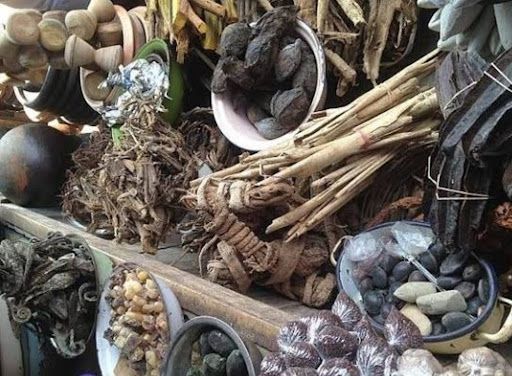
In almost every Nigerian home, there’s that one bottle, jar, or mix of “agbo” or herbal remedy. Whether it’s grandma’s bitter roots for malaria, leaves boiled for stomach pain, or ginger-and-garlic blends for coughs, herbal medicine is an integral part of our culture.
For generations, people have sworn by these remedies. Some even go as far as claiming they work better than modern drugs.
But with rising health concerns, many Nigerians are now asking: are these remedies truly helpful, or could they be harmful in the long run? Here’s an article that attempts to review the topic comprehensively.
Why Herbal Remedies Are So Popular
ALSO READ: 5 teas that could make your period cramps more bearable
Herbal remedies are trusted in Nigeria because they’re accessible, affordable, and passed down through tradition. In rural areas, where hospitals may be far away, herbs are often the first treatment people reach for. Even in cities, many prefer herbs for their “natural” label, believing they’re safer than the “chemicals” in modern drugs.
The truth is that there’s always something available for everything. So whether you’re suffering from malaria or fertility problems, there’s an agbo or concoction for almost everything. Herbal medicine thrives because it feels connected to culture, community, and a simpler way of life.
The Helpful Side
Yes, there’s a campaign against the use of unprescribed herbal medication, and rightly so. However, the truth is that not all herbal remedies are scams. In fact, many modern medicines are made from plants originally used in traditional medicine.
For example, quinine (used to treat malaria) comes from tree bark, and aspirin traces back to willow bark. Ginger and garlic, staples in Nigerian homes, are genuinely beneficial for reducing inflammation and combating colds. Bitter leaves can aid digestion. When prepared correctly, some herbs do provide real relief.
This is why research into traditional medicine is growing. But we still do not recommend any kind of self-medication. It’s best to allow experts to research these medications thoroughly and offer the most effective solutions.
The Hidden Dangers Nobody Talks About
The problem with Nigerian herbal remedies is the lack of regulation. Many mixtures sold in unlabelled bottles at bus stops or markets have no dosage instructions, no ingredient list, and no safety checks. Some sellers mix multiple herbs together without understanding the side effects.
Others add alcohol or even pharmaceuticals to “boost” effectiveness. Overuse or misuse can damage the liver, kidneys, or heart. Unlike modern drugs, where doses are precise, herbal remedies often leave you guessing, which can make them harmful instead of healing.
Where Modern Medicine and Herbs Can Work Together
ALSO READ: 3 Homemade herbs to lower blood pressure quickly
The debate doesn’t have to be herbs vs. drugs. In fact, many doctors acknowledge that certain herbs can be beneficial when used responsibly. The key is combining tradition with science. For instance, drinking ginger tea to alleviate nausea is fine, but if symptoms persist, consulting a doctor is crucial.
Herbal remedies can serve as supportive care, not as total replacements for modern treatments. If herbs are prepared in controlled, hygienic ways and researched properly, they can be part of Nigeria’s healthcare system in a safe way.








